Signs and Seals (I.D. II)
 |
| William A. Dembski's Intelligent Design |
My own belief is basically this: where there is no room for doubt, there is no room for faith. My main complaint, accordingly, is that Dembski is trying to take the doubt — and hence, I would say, the faith — out of our understanding of biological evolution. He is attempting to show that the magnificent complexity of the Earth's biosphere guarantees a divine designer: it is manifestly a sign from God.
Dembski's argument to that effect is interesting and clever ... and, I think, wrong. Worse than wrong, it poses a hazard to faith. What does it mean to say one has faith in God's creatorship if Dembski is right, and the designing hand of God can be proven logically and mathematically?
A key link in Dembski's chain of reasoning has to do with signs and seals. In the section "Ordinary Versus Extraordinary Signs" (pp. 31-34), he likens the sign he seeks from God in natural biology to a missive sent by a Persian king to one of his distant satraps, authorizing either war or conciliation with neighboring barbarians. What is it that guarantees, he asks, that the scroll the satrap receives, putatively containing the king's instructions, is actually from the king?
The answer is that the scroll recognizably bears the king's seal — an impression, stamped in wax that will hold the scroll unopened, that is a sign that the instructions contained in the scroll truly come from the king.
It is such a sign, Dembski shows, because it possesses two crucial properties: extraordinariness and unique specificity (see p. 34). The former, extraordinariness, relates to the complexity of the seal's design. If the seal were, say, just a matter of a single crooked line, it could appear by sheer accident in the hardened wax. It would thus be meaningless.
If it is presumably not meaningless, then the latter property, unique specificity, is necessary as well. It guarantees that the extraordinary sign bears the mark of a specific person ... in this case, the king himself. Reliable as the king's own fingerprint, it bears a family resemblance to the unique brand of a cattle rancher in the American West.
Thus does a king's seal seemingly, per Dembski, partake of the same principles as a sign from God. But there are all sorts of unstated assumptions here. One is that anything such as nature that bears an extraordinarily complex "seal" is entirely analogous to the message in a missive scroll. Another is that God is analogous to the king who putatively wrote and sealed the scroll.
The recipient of a scroll, the satrap in this example, is instantly alert to the fact that the scroll has been sent and presumably contains a message or sign. If he can validate the seal, he automatically knows that the sign — the message written in the scroll — is valid. In turn, the sign will inform him what decision to make — e.g., whether to go to war or to enter negotiations.
But nature is not necessarily analogous to a king's missive. There is no up-front reason to liken nature's complexity, in its admitted extraordinariness, to a seal on a scroll, for there is no a priori reason to assume that nature is intended to be read as a missive from God. What's more, there is no assurance that nature's complex extraordinariness demands our asking "who" this particular "seal" is uniquely specific to.
For there is at least one other possible explanation for the complex extraordinariness of biological nature on Earth. It could have emerged in accordance with "deep and beautiful" laws of nature, à la Stuart Kauffman's self-organized emergence in At Home in the Universe.
In that case, there is in nature not necessarily any scroll, message, or sign for us to use in our decisionmaking about religious belief. The question of who, if anyone, the "seal" of nature's complexity "belongs to" doesn't automatically follow from the extraordinariness of the "seal" itself.
Dembski, though, is clearly working up to the opposite conclusion. If nature's complexity has the extraordinariness of a king's seal, he is suggesting, then there must be a king. And since we know of only one possible king who could devise such an extraordinary seal, this "king" must be God. The set of all possible "forgers" of this particular "seal," that is, is nil.
So I would disagree with Dembski: there may be no God behind extraordinary natural complexity.
Observe, however, that my use of Stuart Kauffman's principle of lawful self-organization to sever Dembski's link between the question of nature's extrordinariness and that of its unique specificity does not imply that there is no God behind nature. It just means that there is no way to treat nature as a scroll which, when properly adjudged, guarantees God's existence — thereby taking the pure faith out of our religious belief.





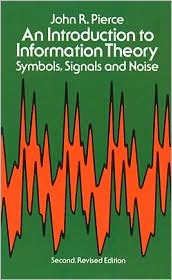

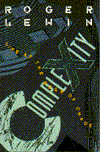

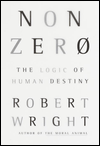

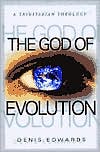

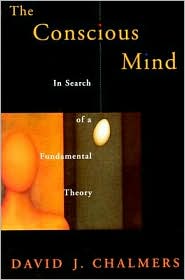
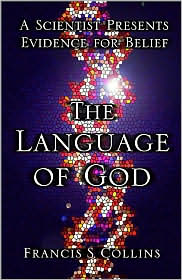


0 Comments:
Post a Comment
<< Home